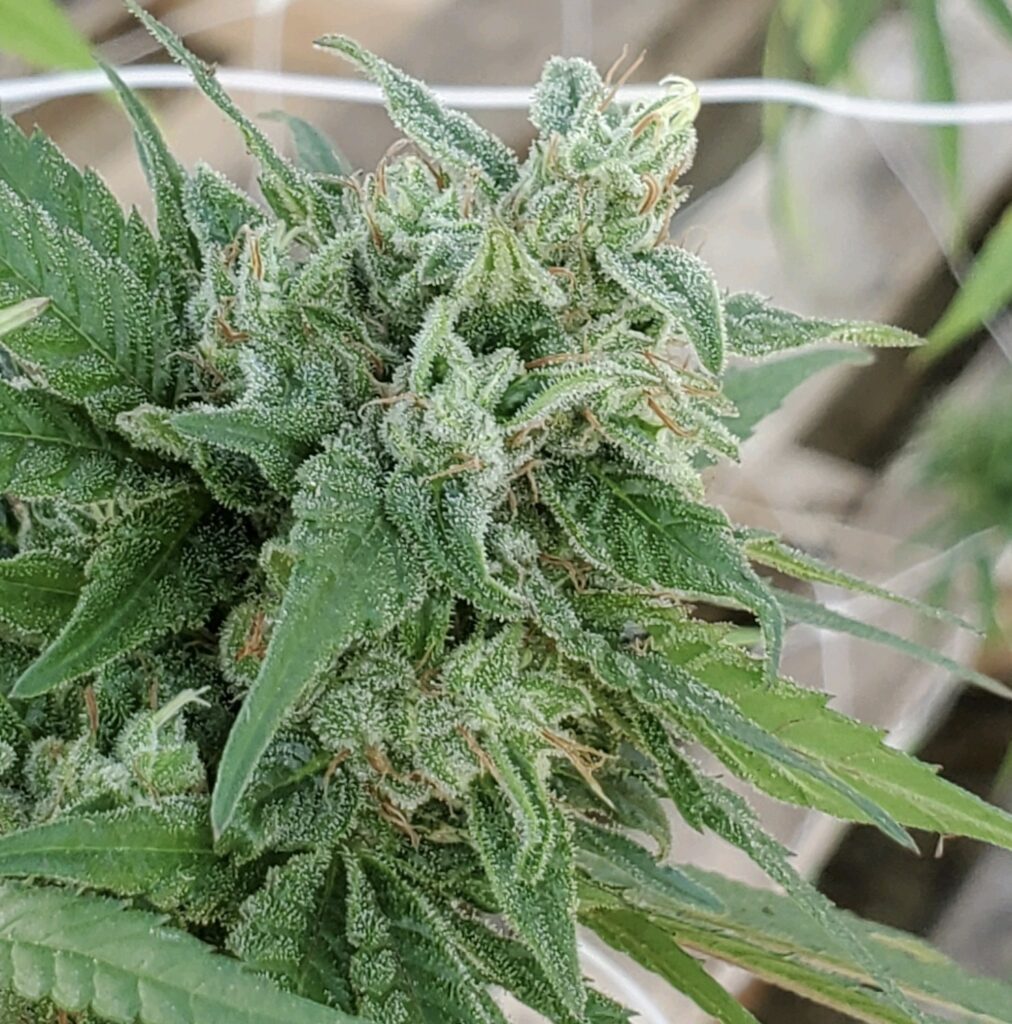Notable sources may dictate which is older slavery (11,000 years) or hemp (10,000 years). Slavery in the colonies (1619) came from less than 10% of kidnapped slaves (10 million) who reached the ‘New World’. Slavery was mostly homegrown with an exploding population that fueled the economic development of agriculture in all the British colonies. Industrial use Hemp (so called Queen) was actually next to cotton (so called King) in importance as a staple crop which produced immense wealth spurring an aspiring nation to independence. Hemp came out of southern China through east Africa into West Africa.
Slavery was an economic engine institutionalized through laws. Slaveowners of 100 to 500 slaves were not the majority. Their property rights were protected through an array of laws and socially supported behaviors. “Masters found that treating people like machinery paid off handsomely” As property, slaves were limited to plantations and required paperwork to go outside of their owners property. Being treated as a commodity, subjected slaves to market pricing based on age, potential production, gender and reproduction. Indeed after the Atlantic Slave Trade ended reproduction within the enslaved population continued to fuel the needs of slavery. Many laws that addressed property rights, transportation, labor, employers, tracking, overseeing, punishing crimes, social status, owner and birth rights of slaves set the ground work for many institutional behaviors foundational to the way we treat African Americans. Being a stigmatized commodity under law have spurred generational fights for rights into 2020. The ‘eh.net‘ offers an economic view of slavery, its productivity, and value in the South, compared to a heavily indentured servant use of ‘free’ farming in the North. Managing humans as property presented many variables which led to the Civil War between the Southern ‘confederate’ states and Northern ‘union’ states from 1860 to 1864.
Hemp already existed amongst native Indians. The hemp plant strain from the Marijuana/Cannabis family was considered a cousin and used primarily for industrial purposes. Hemp’s growth encouraged by colonialist had a glorious history of being grown on famous American’s plantations: George Washington, Thomas Jefferson and northerner John Adams. Hemp was a ‘must crop’ production requirement by the British Empire. Hemp fibers were used in sails (canvas) and rope (twine, knitting) for ships during that time. The seeds produced oils for many practical purposes: biodiesel fuel, medicinal cures, and food. Hemp production and market driven need during slavery required mostly strong men affecting enslaved people’s family structure due to selling weaker men, offsprings and women further south to harvest cotton and less difficult crops. Hemp did not require pesticides and planted closely to minimize weeds. Hemp by-products included an extract that has medicinal purposes without the effect of giving a ‘high’ much unlike its cousin marijuana (cannabis). The effect is considered euphoric described by John Adams. According to a TED X presenter from Barbados ‘it would take a telephone pole sized weed to get a high from hemp’. Nevertheless hemp was put under regulation in the 1930’s Marijuana Drug law. Marijuana had been outlawed in Europe. Hemp had not been separated out as a drug until recently where it is considered a new green product valuable as a billion dollar growth industry. The Farm Bill of 2018, promoted by Speaker of the House Mitch McConnell, helps restore the ‘Bluegrass’ hey day success of hemp in Kentucky. Perception still has industrial hemp stigmatized as an inhibiting drug. North Carolina General Assembly laws passed in 2015 allowed for cultivation and production of hemp through the Industrial Hemp Commission. Black Farmers under Satori Farms and African American owned businesses set up retail sales for hemp products. Some include: extract, oils, soft gels, gummies, tinctures and smokable hemp can be found through a local black business named Truce Hemp Company.
Article by Lillian L Thompson creative at Lillianonline.us promotional advocacy company for Global Afro Women.


Wow, thank you for this historical and current information that I had no idea about. Sister girl you continue to enlighten me!
Brenda, thanks for visiting my blog. This is one of the next big economic winds!